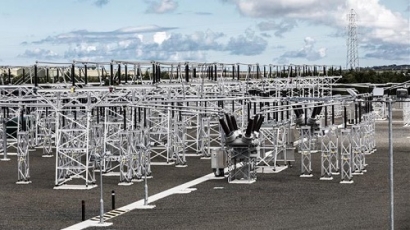
According to the report, the technology would allow the gas grid to be used to store excess electricity, in the form of hydrogen, and support an expansion of renewable power in the UK.
The recommendation is made in the report, ‘Energy from Gas: Taking a Whole System Approach’, which outlines keyways that gas could be used to make the UK energy system greener, cheaper and more efficient.
One of the barriers to increasing renewable capacity in the UK is the inability to store excess electricity - if, for example, it is very windy but demand levels are low.
“Government and industry need to step up efforts to provide funding programs and demonstration sites to encourage the greater use of hydrogen as energy storage,” said Dr. Jenifer Baxter, Head of Engineering at the Institution of Mechanical Engineers and lead author of the report.
“The UK has a strong track record of being at the cutting edge of new energy developments, and this could present the country with a chance to be a world leader in power-to-gas and hydrogen technology.”
The report calls for more support for power to gas technology, which is when excess electricity on the National Grid is used to create hydrogen through electrolysis. This can be used locally, or injected into the gas grid at a low hydrogen concentration. Apart from producing ‘green’ gas, it can also be used to balance the electricity grid.
According to the authors, the UK gas grid has the potential to store excess electricity in the form of hydrogen for a greater amount of time than some other forms of energy storage, such as batteries.
This hydrogen can then be used in all areas of the energy system; producing low emissions fuel for transport, reducing the CO2 emissions from the heating system, reused to generate electricity as well as a greener feedstock for industries such as ammonia and plastics production.
“We need to move away from our wasteful culture to a more sustainable and circular economy. Power-to-gas and hydrogen technology could and should play a major role in building this future,” said Baxter.
The report makes recommendations for how power to gas technology could be used to transform the UK energy system, including;

